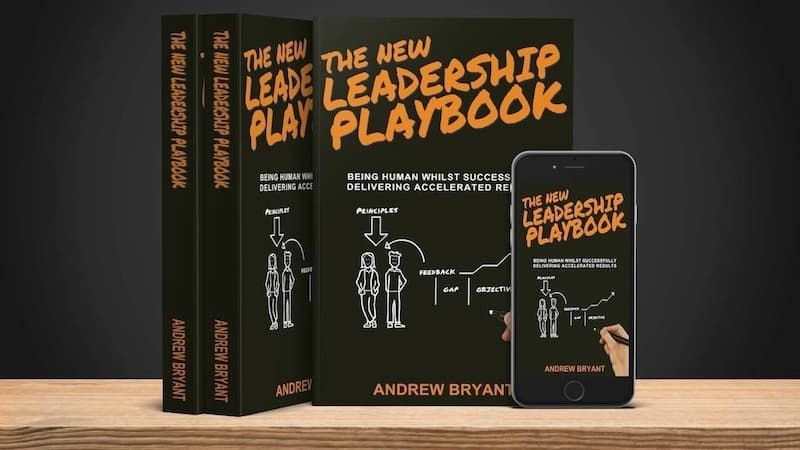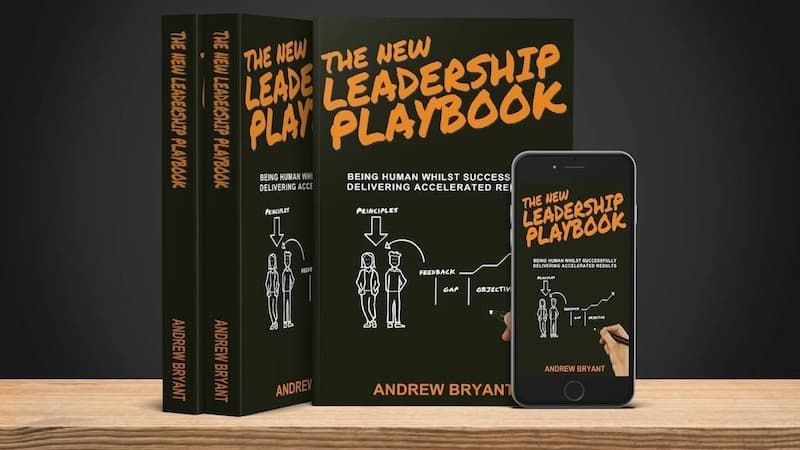How to Lead Change with Stories

Leading change with and through stories is a key leadership competency and so should be a key focus of any leader's development.
Stories create a space for the listener to 'step back' from a current perspective and consider an alternative view. This new awareness creates the flexibility required for a change in attitude and behavior.
A Story for Change of Perspective

On December 24th, 1968, fueled by fears of Russian space supremacy, and guided by President Kennedy’s vision, Apollo 8 comes around the moon for the first time.
The astronauts are greeted with the most amazing spectacle – Earth Rise.
From the Dawn of Time, man has spoken and sung of our god’s looking down on the earth from above, and now for the first time, we humans get a god’s eye view of our blue-green planet spinning against the vast backdrop of space.
Vicariously, through the eyes and cameras of those brave astronauts, we had escaped the cultural frames of race, religion, nationality, and nationalism.
As a species we could have had an epiphany – "We are one Tribe, on One Planet, with One future!"
This new perspective did create a change for a few, but a story needs more than just a new view, it needs to model new action.
A Story about Changing Action

In 2005 Steve Jobs, the founder of Apple, gave the commencement speech at Stamford University.
He starts by telling a story about connecting the dots. Of how we often make sense of our life by looking backward. Then he tells a story about love and loss.
The second story tells about being fired from the company he founded and loved, and how he responded to that disruption.
"The heaviness of being successful was replaced by the lightness of being a beginner again, less sure about everything. It freed me to enter one of the most creative periods of my life.”
Jobs then went on to found two new companies, one of them, Pixar, gave us joy with movies like Toy Story.
Job's storytelling informs us that when disruption happens, we need to not only get new perspectives but we need to take new actions.
From Story to Action to Change

Once a story gives us a new perspective, we will need new models and tools to take action with.
Banks have been disrupted by changing legislation, and the arrival of the Fintechs. Digital became the new story, but getting staff and customers to embrace digital banking required new business models and tools. Those tools came in the form of better websites and apps, and now we rarely have to visit our retail bank.
Jobs used the tools of animation to express his vision, and America used the tools of rockets.
As a leader or entrepreneur, when you are planning your change initiative, remember to:
- Articulate the current or coming disruption
- Tell a new story of how things will be
- Provide a new model or tools to operate
- Take an action and reward behaviors in-line with the new story
- Respond to feedback and adjust accordingly.
In 2000 my business was disrupted and I lost everything. Like Steve Jobs, I got in touch with what I love and began speaking and coaching on the importance of Influence and Impact through Self-leadership. Through my research, I published a book in 2012 containing models and strategies. By sharing these strategies, I have received feedback and refined the tools, and today I help leaders to lead change.
In 2020 we all faced disruption. Restricted travel and working from home have now become normal. With no large in-person events, many industries have had to find new models and take new actions to survive and thrive. What will distinguish those leaders who win, will be their ability to tell effective stories for change.
In Conclusion
Every conference or corporate event can be improved with a top motivational speaker who tells great stories and elevates the thinking beyond the spreadsheet and PowerPoint presentations, but what will get the audience talking in the corridors is when you lead the change with your stories.
GET A FREE CHAPTER
THE NEW LEADERSHIP PLAYBOOK
BEING HUMAN WHILST DELIVERING ACCELERATED RESULTS



